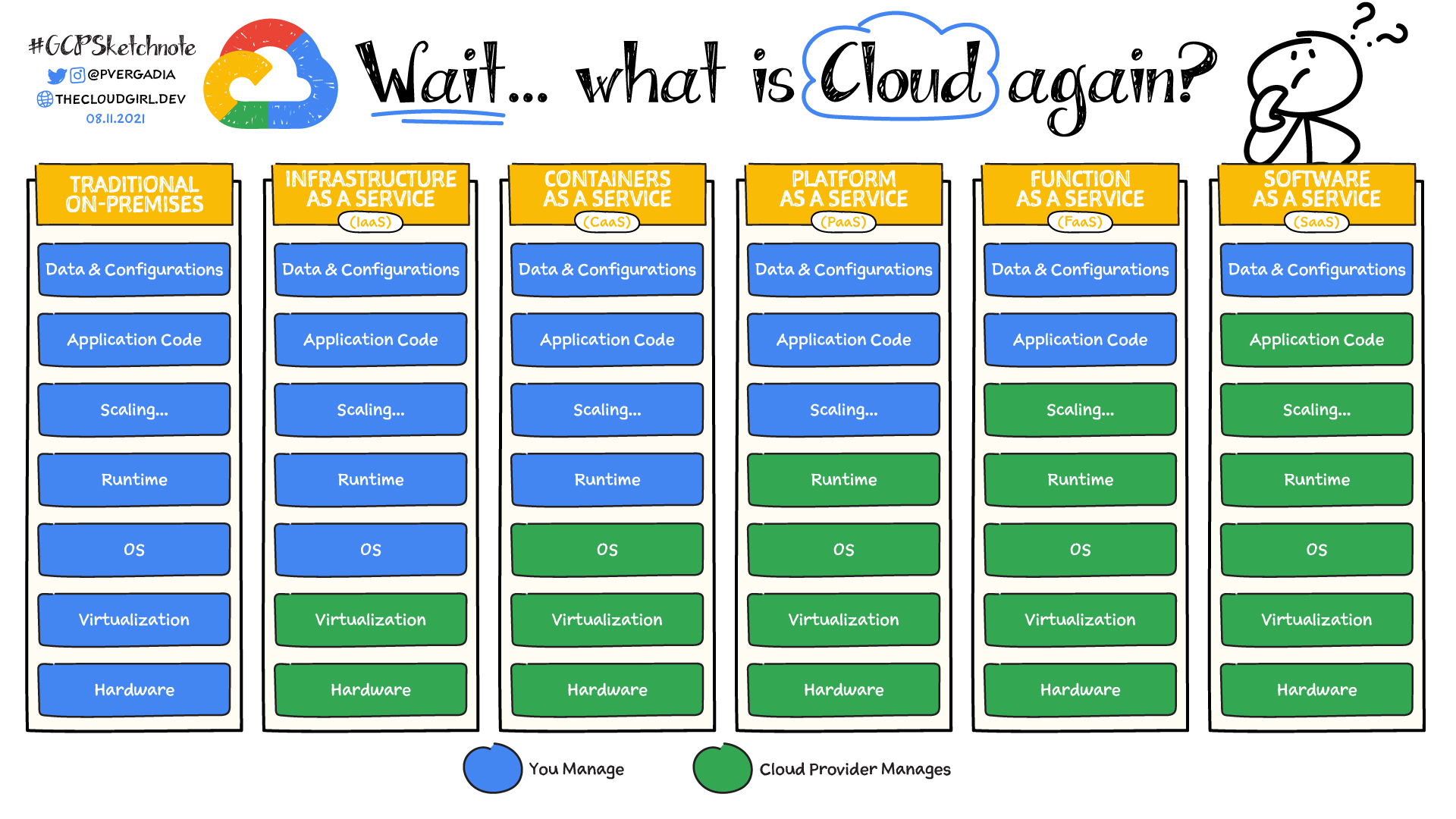
API (Application Programming Interface): It is a set of rules and protocols that allows different software applications to communicate with each other. It acts as a mediator, enabling the exchange of data, features, and functionalities between apps. APIs simplify software development by allowing developers to integrate existing services rather than building them from scratch.
Examples of APIs:
-
Weather App: A weather app on your phone uses an API to fetch weather data from a weather service’s database. The app sends a request to the weather service’s server, which responds with the current weather conditions1.
-
Social Media Login: When you use your Google or Facebook account to log into another service, you’re using an API. The service requests your login credentials via an API call to Google or Facebook, which then verifies your identity and grants access2.
-
Payment Processing: Online stores often use APIs to integrate third-party payment services like PayPal. When you choose to pay with PayPal, the store’s website sends an API request to PayPal to process the payment3.
CSR (Client-side Rendering): CSR is the process by which the client, in our case the browser, creates the views as it is instructed by JavaScript. Nowadays, we usually think about frameworks like React, Vue, Angular, Svelte, Solid, etc. when it comes to CSR.
SSR (Server-side Rendering): Server-side rendering is when the view (HTML) is created by the server and then sent to the client (browser). That HTML page may sometimes use some client-side JavaScript for things like form validation, animations, reactivity, and occasionally adding an element to the UI, but generally most of the HTML is already there and was provided by the server. Things like Spring JSP, Node + EJS, .NET Razor, and PHP are probably some frameworks that come to mind.
HMR (Hot Module Replacement): During the webdev process, it allows developer to instantly update the content of the web page without losing time to recompile or deploying.
IC (Integrated Circuit): An IC also known as a microchip or simply chip, is a set of electronic circuits, consisting of various electronic components (such as transistors, resistors, and capacitors) and their interconnections (ref).
MCU (Microcontroller Unit): An MCU is an intelligent semiconductor IC that consists of a processor unit, memory modules, communication interfaces and peripherals. The MCU is used across a broad range of applications, including washing machines, robots, drones, radio and game controllers.
MCP (Model Context Protocol): Model Context Protocol, is an open standard designed to help artificial intelligence (AI) systems, particularly large language models (LLMs), connect with various external tools and data sources. It simplifies the integration process, allowing AI to access real-time information and perform actions based on that context.
NLP (Natural Language Processing): NLP is a field of computer science and artificial intelligence that focuses on enabling computers to understand, interpret, and generate human language. It involves tasks like speech recognition, text classification, and language translation, using techniques from linguistics and machine learning.
NPU (Neural Processing Unit): An NPU is a specialized microprocessor designed specifically to accelerate artificial intelligence (AI) and machine learning tasks, especially those involving neural networks. Unlike general-purpose CPUs or GPUs, NPUs are optimized for efficiently handling operations such as matrix multiplications, convolutions, and activation functions that are common in deep learning and neural network computations
Blank
The diagram below shows how IaaS, PaaS, SaaS, and CaaS compare in terms of who is responsible for managing what
PaaS (Platform as a Service): Open source distributed Platform as a Service. PaaS is a cloud computing model that provides a complete environment for developing, running, and managing applications without the complexity of building and maintaining the underlying infrastructure4. It allows developers to focus on writing code while the PaaS provider manages the hardware, software, and other resources needed for application development and deployment.
PDE (Processing Development Environment): PDE is used to represent text files that written in Processing programming language.
PWA (Progressive Web Application): A progressive web app, is a type of web app that can be installed on a device as a standalone application. PWAs are installed using the offline cache of the device’s web browser.
SaaS (Software as a Service): SaaS is a cloud computing model where users access software applications over the internet, typically through a web browser, without needing to install or maintain the software on their own devices. This model allows for subscription-based payment and provides benefits like automatic updates and scalability.
SDK (Source Development Kit): Essentially, this constitutes a suite of programmatic instruments that enables users to engage with an extant product in order to develop tailored functionalities. For instance, a software developer might utilize the iOS SDK to design bespoke applications specifically for the iPhone.
SOP (Standard Operating Procedure):
VPS (Virtual Private Server): A small e-commerce website uses a VPS to host its store. It benefits from cost savings but may see slower performance if other VPS users on the same server experience traffic spikes. VPS is like renting an apartment in a building: you have your own space, but share the building’s resources.
VDS (Virtual Dedicated Server): A gaming company hosts a multiplayer game server on a VDS. It gets guaranteed CPU and RAM, ensuring smooth gameplay even if other users on the same physical machine are busy. VDS is like owning a detached house: all resources are yours, with no sharing, leading to better performance and more control
